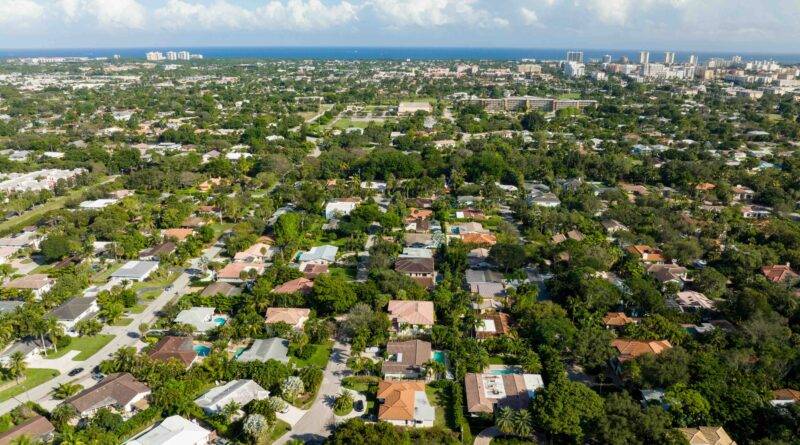The 30-Year Mortgage Is Saving the U.S. Economy
The U.S. housing market has not crashed and it is safe to say that is thanks to the 30-year mortgage. Interest rates are up, which means more expensive mortgages, which should push down demand.
According to the Philidelphia Tribune, so it is no surprise that, according to Redfin, 90% of households are paying less than current rates on their mortgage. Some 62% of homeowners have a mortgage rate that’s less than 4%, and 23.5% pay less than three percent. Now rates are more than double that, raising the question: Who can afford to move? That constrains supply and keeps prices from falling very much.
Homeowners aren’t so lucky in other countries, where long-term fixed-rate mortgages are far less common. Even fixed rates reset after several years, and that is already happening for some borrowers in Europe, the U.K. and New Zealand. About 800,000 British homeowners’ mortgages will come off their fixed rates later this year, and another 1.6 million in 2024. Mortgage-rate increases are also looming over the Canadian economy. If the labor market weakens, the results could be catastrophic. People could be forced to sell their homes, putting more downward pressure on prices, as happened in the U.S. during the housing crisis.
All of which raises another question: If the 30-year fixed rate mortgage can save the U.S. economy from a housing crash, and allow more homeowners to stay in their homes, aren’t all Americans better off?
In the short term, the answer may be yes. But in the long term, the U.S. housing market will be much less fluid because people are tied to their mortgages. It will be harder for people to move, for a better job or to be closer to their families, and there will be less inventory and higher prices for aspiring buyers.




